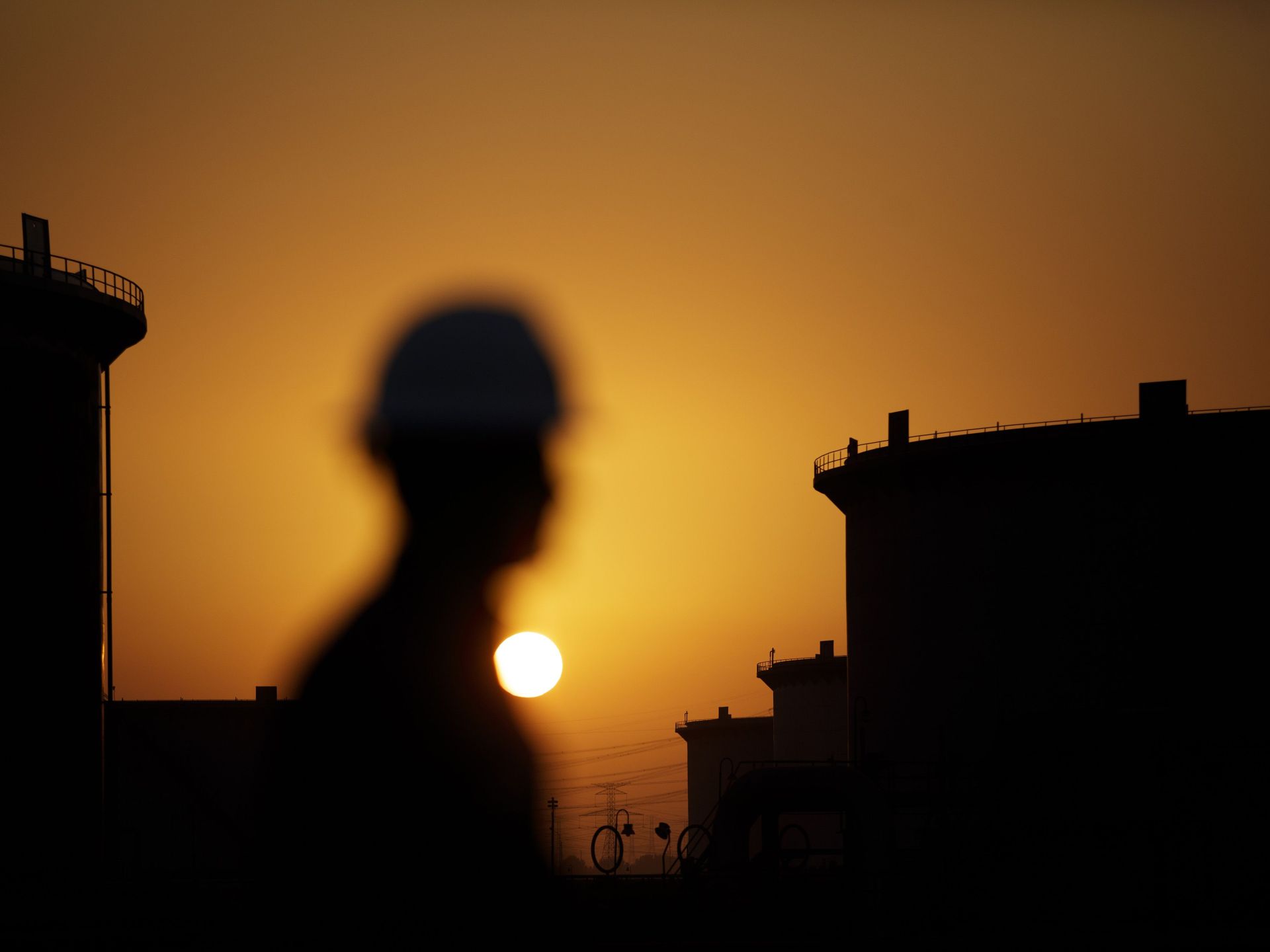Justin Trudeau was more committed to borrowing his way out of the Covid-19 crisis last year than almost any other leader in the developed world. That cushioned the blow of the pandemic, but raises some hard questions about what Canada got for all that spending.
The economy shrank 5.4% last year,
Statistics Canada said Tuesday, the sharpest annual decline in the post-World War II era and the third straight year in which it underperformed the U.S. economy. That’s despite Canadians receiving C$20 ($16.55) in government transfers for every dollar of income lost, according to government data.
Treated to larger handouts, Canadians mostly
hoarded them, potentially opening Trudeau’s government to criticism it has wasted money on programs that spread cash quickly but inefficiently. As one opposition lawmaker likes to put it: “The government spent the most to achieve the least.”
The rise in savings is a phenomenon in other countries, too, including the U.S., where Americans have added $1.7 trillion in extra savings, according to data from
Bloomberg Economics.
In Canada, the concern is more acute, though, because the money the government borrowed to finance stimulus programs contributed to one of the biggest increases in debt among advanced economies last year. Total
public and private debt rose about 50 percentage points to 353% of gross domestic product as of the end of the third quarter, according to data compiled by Bloomberg.
That's a Heavy Load
Canada has one of the largest debt burdens among developed nations
Source: IIF
Note: Figures include the debt of governments, households and non-financial corporations at the end of 2020 Q3.
Government officials and many economists brush off the criticism, claiming it misses the point. For one, it suggests that policy makers had the luxury of precision last March and April as they were rushing to prevent a depression.
Stephen Poloz, governor of the Bank of Canada when the crisis hit, quipped at the time: “No firefighter ever got criticized for using too much water.”
The government’s key early move wasn’t a one-time $2,000 check but a C$2,000 monthly payment to those who’d lost jobs or income because of the virus. Trudeau also offered money to students with poor summer job prospects, and to pensioners, indigenous people, artists and others.
Fiscal Capacity
Economists give the prime minister high marks for acting quickly, but the end result has been an overshoot. Government transfers to households increased by C$119 billion in 2020 from a year earlier, versus a decline of just C$6 billion in regular income.
There’s still the prospect that some of the excess savings will flow back into the economy sooner than anticipated, fueling an even strong recovery in 2021.
Fourth-quarter growth was
stronger than anticipated, adding to optimism about a rebound fueled in part by climbing prices for oil, the country’s top export, though official data revealed some underlying problems as well. Both business investment and household consumption remain soft.
“Obviously knowing now this was going to happen, they wouldn’t have been as generous. But it was a game-time decision,” Jean-Francois Perrault, chief economist at Bank of Nova Scotia, said by phone. “Was that the right thing to do, I guess the answer -- or part of it -- will be revealed in the next few months.”

 www.bnnbloomberg.ca
www.bnnbloomberg.ca


